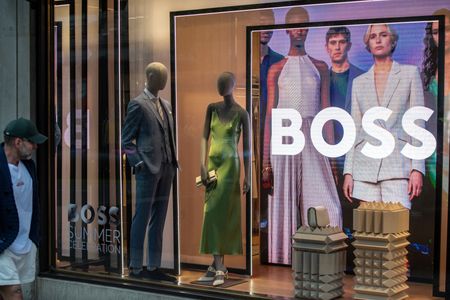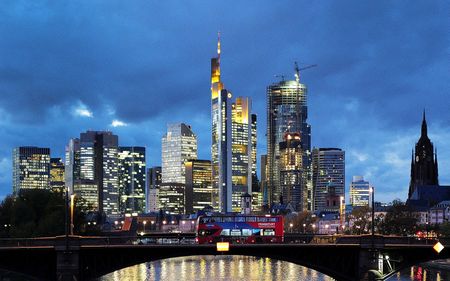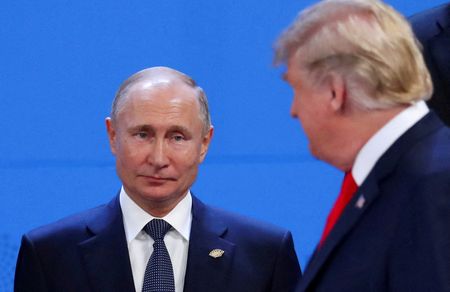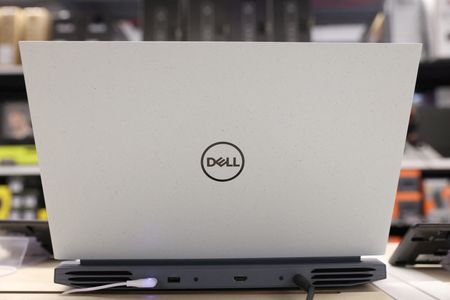By Linda Pasquini
(Reuters) -Fashion group Hugo Boss beat quarterly profit expectations on Tuesday despite warning of weak global demand, and said its flexible supply chain and lower U.S. exposure than many rivals meant it could cope with import tariffs there.
The German company said weak consumer sentiment globally was leading to fewer store visits and that demand in China remained subdued, but confirmed its financial guidance for 2025.
It expects a low double-digit million euro hit to gross margins from U.S. import tariffs, finance chief Yves Mueller told reporters. The U.S. accounts for about 15% of group sales.
That “significantly lower” exposure than many rivals was an advantage, Mueller said, adding the company would hike prices to pass part of the tariff hit onto customers.
Hugo Boss has also rerouted China-manufactured products to markets outside the U.S. to limit the impact of U.S.-Chinese trade tensions, and increased its inventories in the U.S. to protect its gross margin, he said on an investor call.
Hugo Boss sources around 50% of its products sold in the U.S. from Europe, and so is less exposed than some rivals to steeper U.S. levies on imports from Asian countries such as Vietnam and Bangladesh.
Mueller said U.S. President Donald Trump’s 15% tariff on imports from Turkey – its largest sourcing market globally and into the U.S. – represented the lion’s share of the tariff impact on the company, which sources less than 5% of its goods sold in the U.S. from China.
“Overall, we can absorb this and are well prepared,” Mueller said.
Hugo Boss reported a 15% rise in earnings before interest and taxes to 81 million euros ($94 million) for the April-June quarter, beating analysts’ average forecast of 77 million euros in a company-provided poll, aided by cost cutting as a stronger euro weighed on sales.
The company plans to increase prices globally, excluding China, by low to mid single-digit percentages for the spring 2026 collection, Mueller said.
Hugo Boss said consumer sentiment was still relatively weak in North America, although demand in the U.S. had improved in the second quarter from the first three months of the year.
When converted into euros, Hugo Boss’ revenue fell 1% to 1 billion euros in the second quarter, roughly in line with expectations.
Hugo Boss shares rose as much as 8% to a five-month high in early trade, but had pared gains to stand up 0.5% by 1200 GMT. The stock had fallen 9% so far this year as of Monday’s close.
($1 = 0.8663 euros)
(Reporting by Linda Pasquini in Gdansk. Additional reporting by Ozan Ergenay. Editing by Susan Fenton and Mark Potter)











